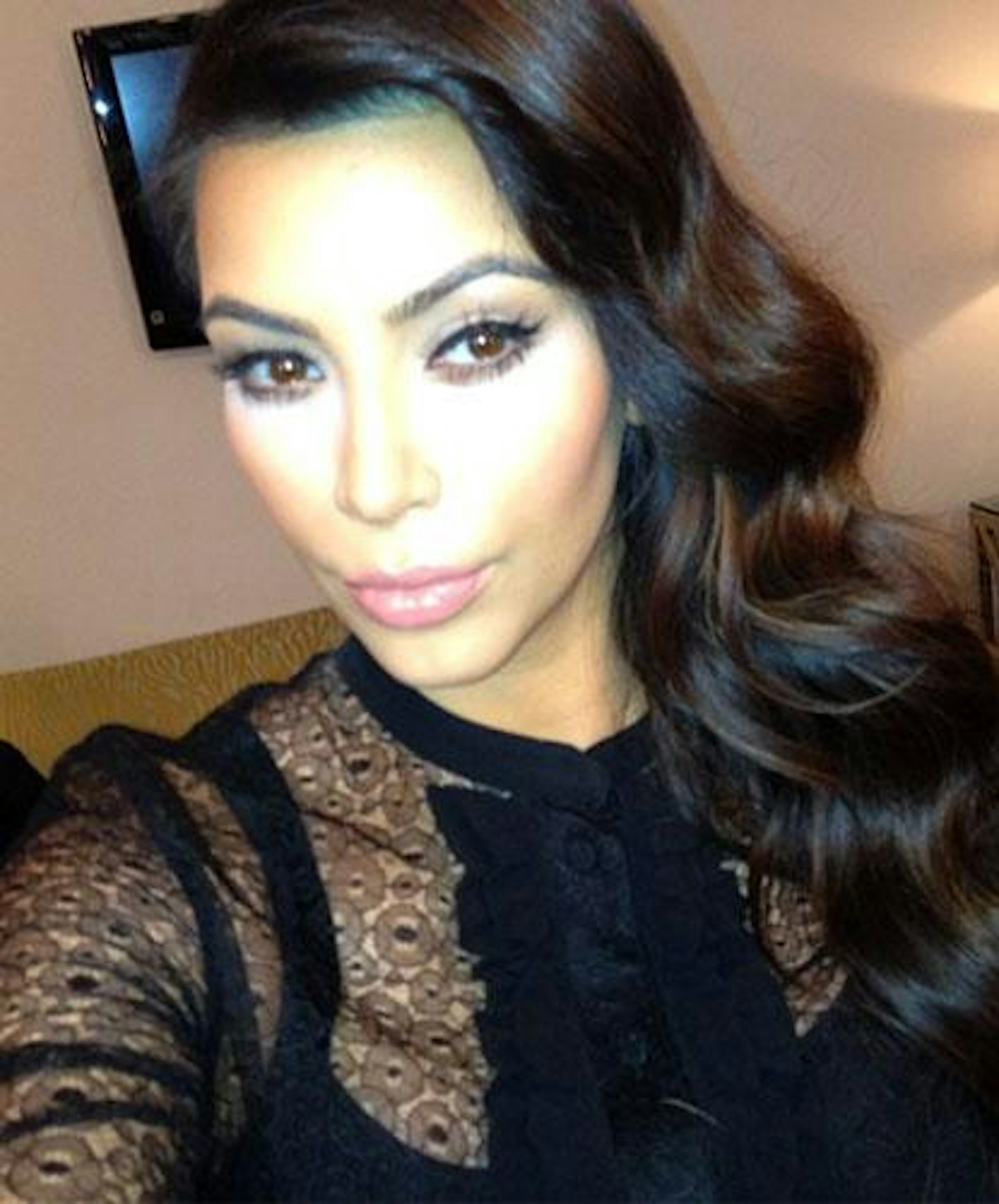Originally published: 9 April 2013
Instagram is a breeding ground for pouting, posing and on-screen preening.
The social network offers fans an eye into the world of celebrities, as well as making the average user feel like they have their very own following.

The social aspect of the site may be constricted to likes and comments, but in this era of modern communication it seems pictures speak louder than words.
Although Instagram was only born in 2010, it already boasts 4 billion photos and 100 million active users per month.
While many Instagrammers use the site to keep up with their friends’ lunch-choices, nights out and latest scenic snap shots, there is also a more sinister side to this orgy of self-portraits.
With stars such as Rihanna and Kim Kardashian increasing their fame through their constant stream of selfies, younger fans are exposed to an increasing number of ‘perfect’ images.

The effect on the average teenager being fed relentless images of inaccessible, Amazonian-type beauties, is potentially worrying.
In an often unrealistic representation of many peoples’ lives, social networks only show the best aspects of users and their achievements.
“If you are predisposed to anxiety it seems that the pressures from technology act as a tipping point, making people feel more insecure and more overwhelmed”
A survey by Salford Business school showed that more than half of users experienced a drop in confidence after comparing themselves to others online.
Nicky Lidbetter of charity Anxiety UK, revealed after a recent poll:
“If you are predisposed to anxiety it seems that the pressures from technology act as a tipping point, making people feel more insecure and more overwhelmed”.
But psychologist Sarah J Gervais believes that can be a good thing, saying: "I like to think that Instagram offers a quiet resistance to the barrage of perfect images that we face each day.
"Rather than being bombarded with those creations… we can look through our Instagram feed and see images of real people – with beautiful diversity."
The average user spends 257 minutes per month on Instagram, and the third most popular hash tag is #me.

Now a US paper has reported an alarming new trend: The cyber beauty contest.
In a bid to get Instagram-famous and live up to ‘celebrity-recognised beauty standards’, girls as young as 12 are posting snaps of themselves. Their judge: The sites’ 100 million users.
The success of their ‘entry’ is dependent on the number of likes and comments, and in a Mean Girls twist, the losers get a big, red X plastered across their face.
The hash tag #beautypageant returns over 10,500 pictures and #hotornot almost 15,000.
Speaking about the trend, an American high-school student admits:
“It was almost entirely all girls, and the ones who had the most ‘likes’ was girls wearing the most skimpy outfits.”

“I think it’s so important to get in there and teach [children] the importance of supporting each other and celebrating who they are on the inside, not what they look like on the outside.”
The trend has sparked worry at young participants making themselves vulnerable to Twitter trolls, in turn causing potentially damaging insecurity.
Writer and social media consultant Hollee Actman Becker expressed her concern, after her 10-year-old daughter inadvertently became involved in an Instagram pageant.
Speaking about how to educate impressionable youngsters, Becker revealed:
“I think it’s so important to get in there and teach [children] the importance of supporting each other and celebrating who they are on the inside, not what they look like on the outside.”
Whilst many brand social networks as the narcissist’s stirrup to their high horse, recent surveys show looking at your own Facebook profile can boost your mood- and your ego.

Keeping in contact with old school friends and distant family has also become much easier for the cyber generation.
Perhaps Becker has hit the nail on the head.
We cannot change the ever-developing social network era, but we can do our best to help the next generation realise that beauty comes from within.
